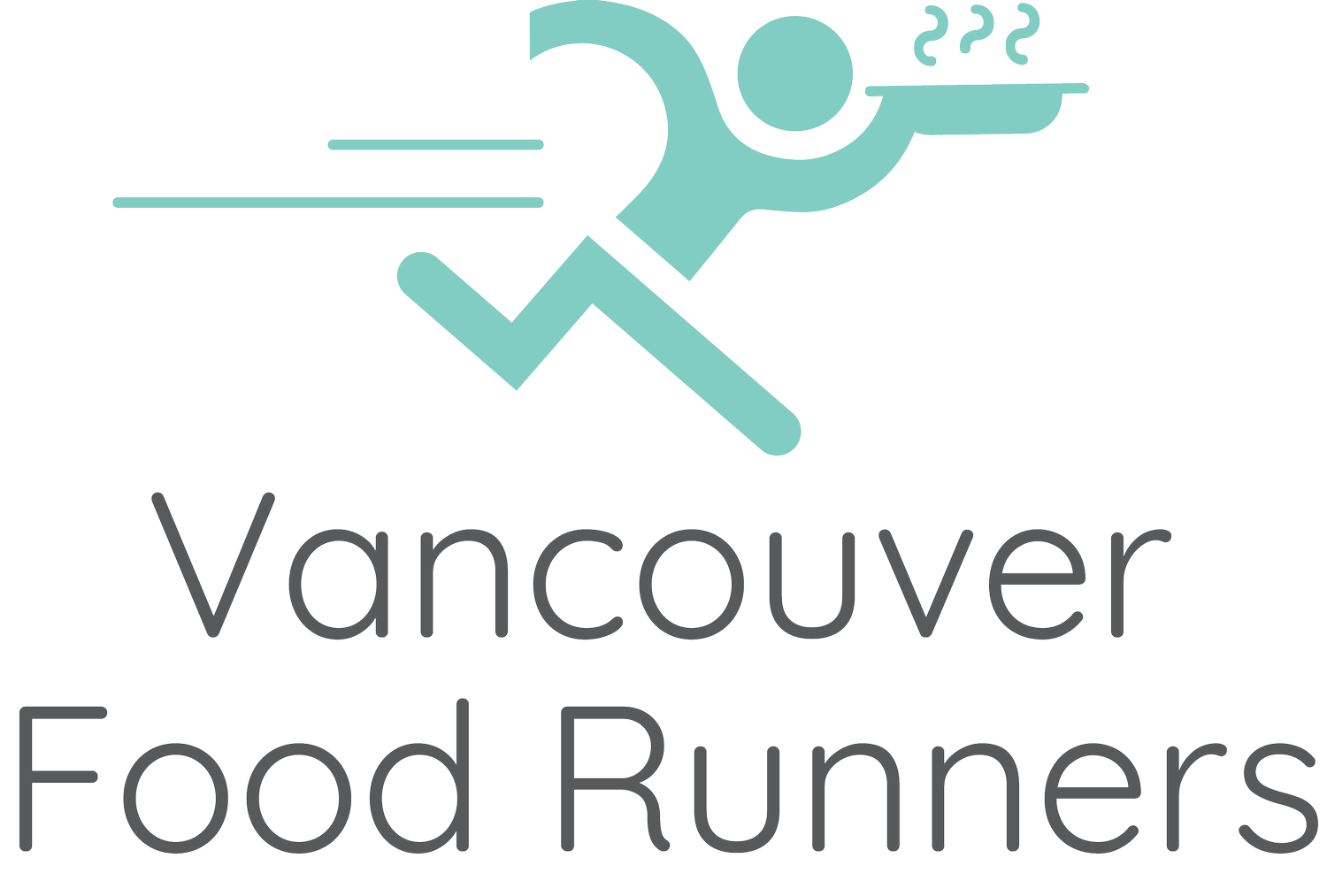Kim Enns
VFR: Kim, tell us about yourself and your journey to becoming the coordinator of YWCA’s Rooftop Garden.
Kim Ens: Hello! I developed my passion for horticulture when I enrolled in the Practicum in Sustainable Agriculture at UBC Farm in 2012. After completing the program, I began working at a 20-acre certified organic farm in the Fraser Valley, specializing in restaurant sales, farmers' markets, and Community Supported Agriculture (CSA) programs.
During the four years I spent there, I deepened my appreciation and experience in growing food for people. In 2016, I returned to the city and wanted to continue working in farming. A colleague of mine, who had been managing the YWCA rooftop garden, informed me that she was moving away. It was the perfect timing for me to step into the role as an urban farmer and rooftop garden coordinator at the YWCA rooftop garden.
VFR: Please share about how the garden is used by YWCA in terms of harvesting food and creating community connections.
KE: The rooftop garden originally began as an ornamental garden. It was converted into a food-growing space in 2010 and has been thriving ever since. In its early stages, multiple fruit trees were planted, including Asian pears, apples, peaches, grapes, and kiwis. We also maintain a large berry zone with blackberries, raspberries, and blueberries. We cultivate seasonal vegetables like potatoes, kale, Swiss chard, lettuce, spinach, tomatoes, cucumbers, peppers, herbs, beans, bok-choy, and various flowers that attract pollinators and are also edible.
VFR: Please share about how the garden is used by YWCA in terms of harvesting food and creating community connections.
KE: Each week, a group of volunteers harvests between 50 to 100 pounds of produce. The majority of these volunteers have been coming for over 8 years! They are retired Master Gardeners from VanDusen Gardens, and they volunteer between May and October, with a group size ranging from 8 to 10 people. The harvested food is then delivered to YWCA Crabtree Corner, where it is incorporated into their food program.
VFR: There is even an Indigenous plant garden. Please tell us more about this special part of YWCA’s Garden.
KE: A few years ago, we invited Lori Snyder, an expert in Indigenous traditional and medicinal plants, to the rooftop garden. She planted over 80 varieties with the intention of creating an Indigenous plant garden in an urban setting for Indigenous people connected to the Crabtree community to have access to traditional plants. Some of the plants we have include sweetgrass, yarrow, nodding onion, Oregon grape, Nootka rose, huckleberry, salal, to name a few.
VFR: What are your thoughts on using urban spaces to cultivate food? How can we support this more? And what are some other great examples in Vancouver?
KE: I think it’s such an effective way to use urban spaces to cultivate food that could otherwise be empty. The impact it has on its micro-community is immeasurable, encompassing therapeutic effects, the practicality food accessibility, and education.
Sole Food Street Farms is one of the original pioneers in Vancouver, utilizing parking lots and urban space, and is one of the best examples on how urban agriculture can be highly successful.
VFR: How can people visit the YWCA Rooftop Garden and support this special place?
KE: Our rooftop garden (535 Hornby Street Vancouver) is open during the season from May – October. The best time to visit us would be on Tuesday or Thursdays when we regularly have volunteers working in the garden, but a tour can be arranged anytime as well.
You can support us by volunteering or providing donations to keep the program running or to the YWCA Crabtree corner. Thank you!
Be the first to read our E-newsletter
Subscribe to our bi-weekly newsletter that arrives to your email inbox every other Saturday!


